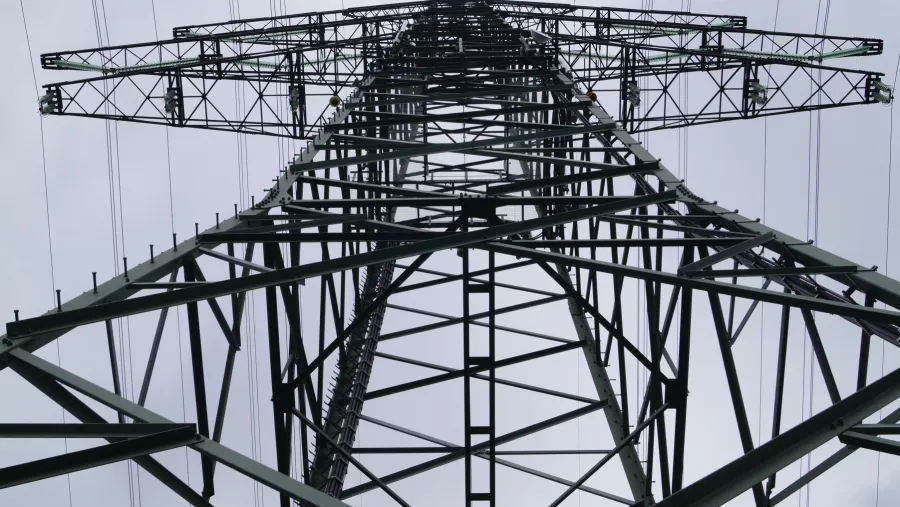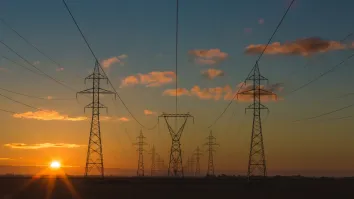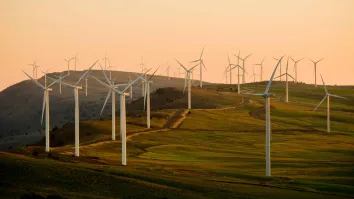
Global energy transition faces growing challenges: McKinsey
A significant gap exists between climate ambitions and reality.
Despite significant progress, much still needs to be done as the global energy transition enters a new phase, marked by rising costs, complexity, and increased technology challenges, McKinsey said in a new report.
The Global Energy Perspective 2024 also said that the pace of progress is falling short of what is needed to meet the Paris Agreement targets despite commitments to net-zero goals. A growing gap is emerging between climate targets and the actions being taken, it added.
McKinsey projects global energy demand to increase by 11% to 18% by 2050. Emerging economies, with their growing populations and rising middle classes, will drive most of this growth.
The report also said low-carbon energy sources are expected to dominate global power generation by 2050, increasing from 32% to between 65% and 80%. This shift is largely due to lower renewable energy costs, but supportive policies and incentives also play a crucial role.
Meanwhile, fossil fuels will continue to be part of the global energy mix through 2050, but their role will diminish, McKinsey said. These are expected to meet between 40% and 60% of global energy demand by 2050, down from 78% in 2023.
Investment in fossil fuels will likely persist for the next decade to ensure energy supply meets demand, it added.
“To successfully navigate this next phase and meet the Paris Agreement goals, urgent action will be needed and the pace of change must accelerate,” McKinsey said.
“The clean energy transition will also need to be balanced with affordability, energy system resiliency, and energy security in an increasingly uncertain macroeconomic environment,” it added.

















 Advertise
Advertise







